Organizers

Khalifa Center for Genetic Engineering and Biotechnology
Al Ain, Abu Dhabi, UAE
His Highness Sheikh Mansour bin Zayed Al Nahyan, who is the Deputy Prime Minister and Minister of Presidential Affairs of the United Arab Emirates, inaugurated the Khalifa Center for Biotechnology and Genetic Engineering in 2014, with the complete backing of the Ministry of Presidential Affairs. The researchers at the center concentrate on developing agricultural crops that can resist environmental stress in the UAE. This is achieved by generating scientific knowledge through applied research. Moreover, the center also focuses on developing crops with favourable agricultural characteristics that can enhance the economic value of the crops produced in the country. To this end, the center has established three research platforms.
The Khalifa Center for Biotechnology and Genetic Engineering is deeply connected to UAE University, and the benefits of this collaboration are manifold. For one, it has enhanced the country's scientific and research capabilities in the fields of genomics, biotechnology, and genetic engineering. Additionally, the center has played a pivotal role in supporting the country's vision for 2021 and related strategic plans in the field of science and food security. Furthermore, it has developed research capabilities in the fields of biotechnology and genetic engineering at UAE University.
The center's research directions are focused on discovering genes from desert plants that help withstand environmental stresses and establishing a gene-editing protocol with the aim of enhancing agricultural yields. The primary objective is to ensure efficiency and sustainability in scientific research to produce crops that can withstand environmental stress. The center's research platform is designed to meet specific needs in data acquisition, analysis, and the integration of data from multiple sources since large amounts of genomic data are generated. The platform covers a wide range of areas, including comparative bioinformatics, comparative genomics to understand gene function, and computational biology to understand biological systems and relationships.
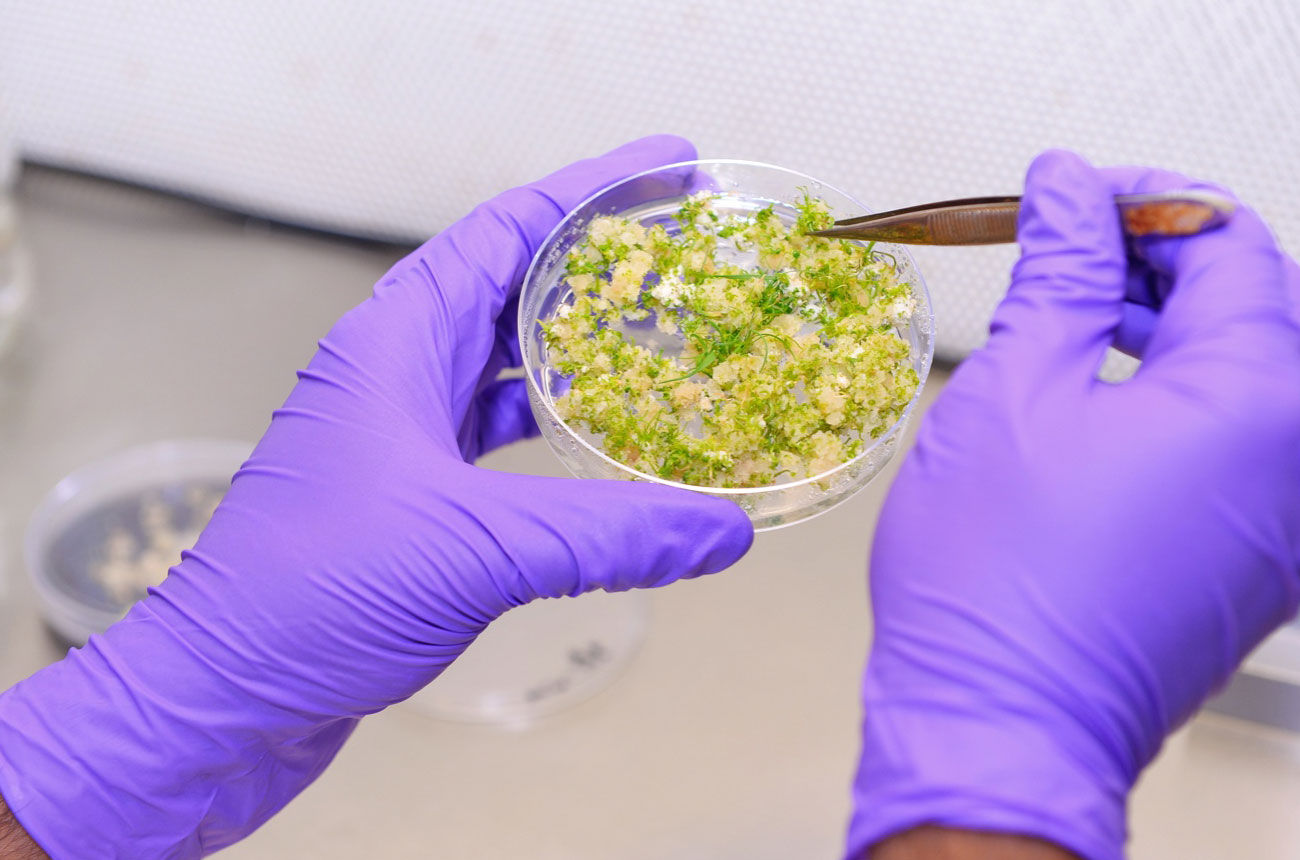

Abu Dhabi Agriculture and Food Safety Authority (ADAFSA)
Abu Dhabi, UAE
The Abu Dhabi Agriculture and Food Safety Authority (ADAFSA) is a government agency responsible for ensuring the safety and quality of food and agricultural products in Abu Dhabi, UAE. Established in 2008, ADAFSA works to protect public health by monitoring the entire food chain from production to consumption. The agency is responsible for developing and enforcing food safety regulations, conducting inspections of food establishments, and ensuring compliance with international standards. In addition to its food safety responsibilities, ADAFSA is also responsible for promoting sustainable agriculture and supporting the development of the agricultural sector in Abu Dhabi. The agency provides farmers with technical assistance, training, and financial support to help them improve their production and marketing capabilities. By ensuring the safety and quality of food and agricultural products, ADAFSA plays a critical role in protecting public health and supporting the economic development of Abu Dhabi.
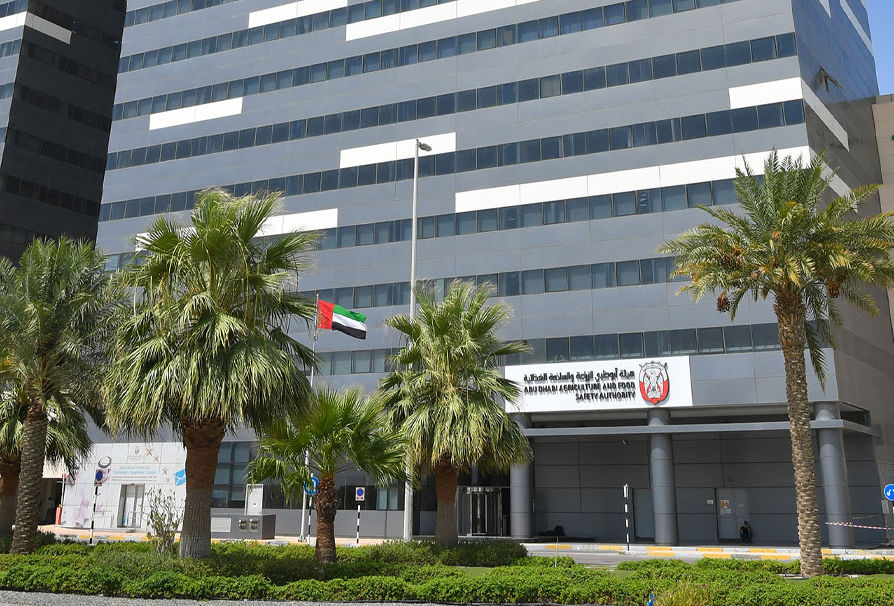

Department of Biology, College of Science, United Arab Emirates University
Abu Dhabi, UAE
The United Arab Emirates University (UAEU) is a comprehensive research-intensive university located in Al Ain, Abu Dhabi, UAE. Established in 1976 by the late Sheikh Zayed Bin Sultan Al Nahyan, UAEU is the first and oldest national university in the UAE and is considered one of the top universities in the region. The university offers undergraduate and graduate programs in various fields, including engineering, business, humanities, social sciences, and natural sciences. UAEU is committed to providing its students a world-class education while advancing research and innovation to support the development of the UAE and beyond. The university's campus is equipped with modern facilities and amenities, providing a vibrant and engaging learning environment for students and faculty.
The Biology Department at the United Arab Emirates University was founded in 1977 and has undergone significant transformation since then. In 2019, the curriculum was updated to include two areas of concentration - Cellular and Molecular Biology (CMB) & Ecology and Organismal Biology (EOB), focusing on meeting the UAE's requirements while benchmarking against leading international institutions. The undergraduate program underwent a review in 2016, resulting in a program improvement plan that has been implemented. The Department now offers BSc, MSc, and PhD degrees and is accredited by the Royal Society of Biology, UK. The Department has a strong research focus, with faculty members winning competitive research grants and conducting both basic and applied research using modern labs and equipment. The Department's vision is to provide solutions to ecological, health, and sustainability challenges.
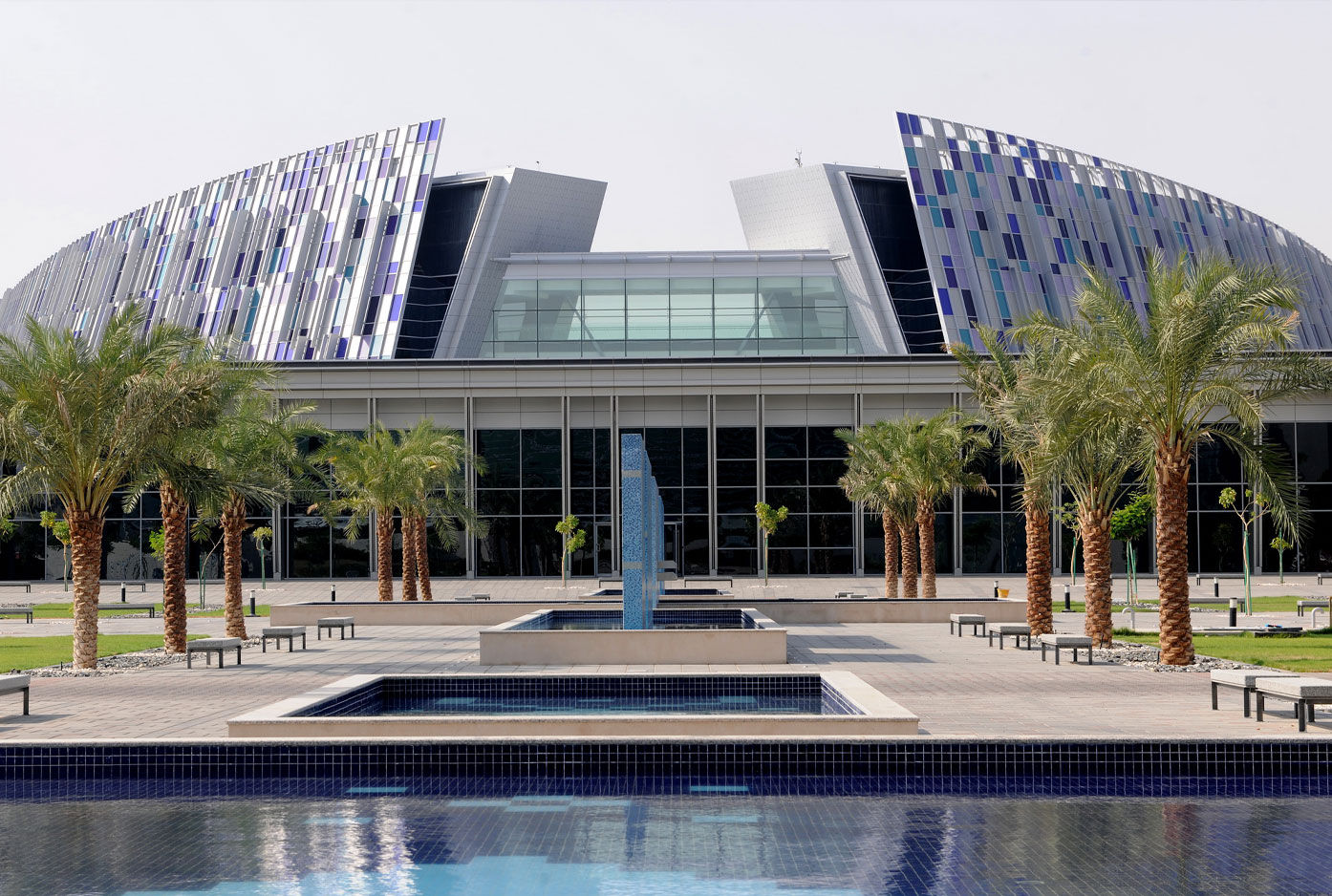
Conference Organizers

Prof. Khaled Amiri
Director, Khalifa Center for Genetic Engineering and Biotechnology
Prof. Amiri is a Professor of Molecular Genetics and Genomics in the Department of Biology at the United Arab Emirates University. He is the Director of the Khalifa Center for Genetic Engineering and Biotechnology (KCGEB) and the chairman of the Department of Biology. As the director of the center, Professor Amiri has implemented a new and innovative vision for research and expanded research capacity. In a few short years the center has produced state-of-art genomic resources for diverse plants including whole genome assemblies of crops and their pests, maps of microbial-host interactions and many other significant research contributions. These efforts have contributed to development of genetically modified plants that are tolerant of abiotic stress as part of a broader effort to improve food security in the UAE.
As chairman of the Biology Department, Dr. Amiri has been pivotal in advancing and modernizing education and research in the Department where he established the Unit for Genomic Studies and Bioinformatics. He has also served as a member of several boards of directors. Dr. Amiri has published numerous important research papers in professional peer-reviewed journals and has received several awards, including the Chancellor's Award for Innovation. In recognition of his work, Professor Amiri has also received the Prime Minister Medal for Future career (genomics), one of the highest recognitions in the country.
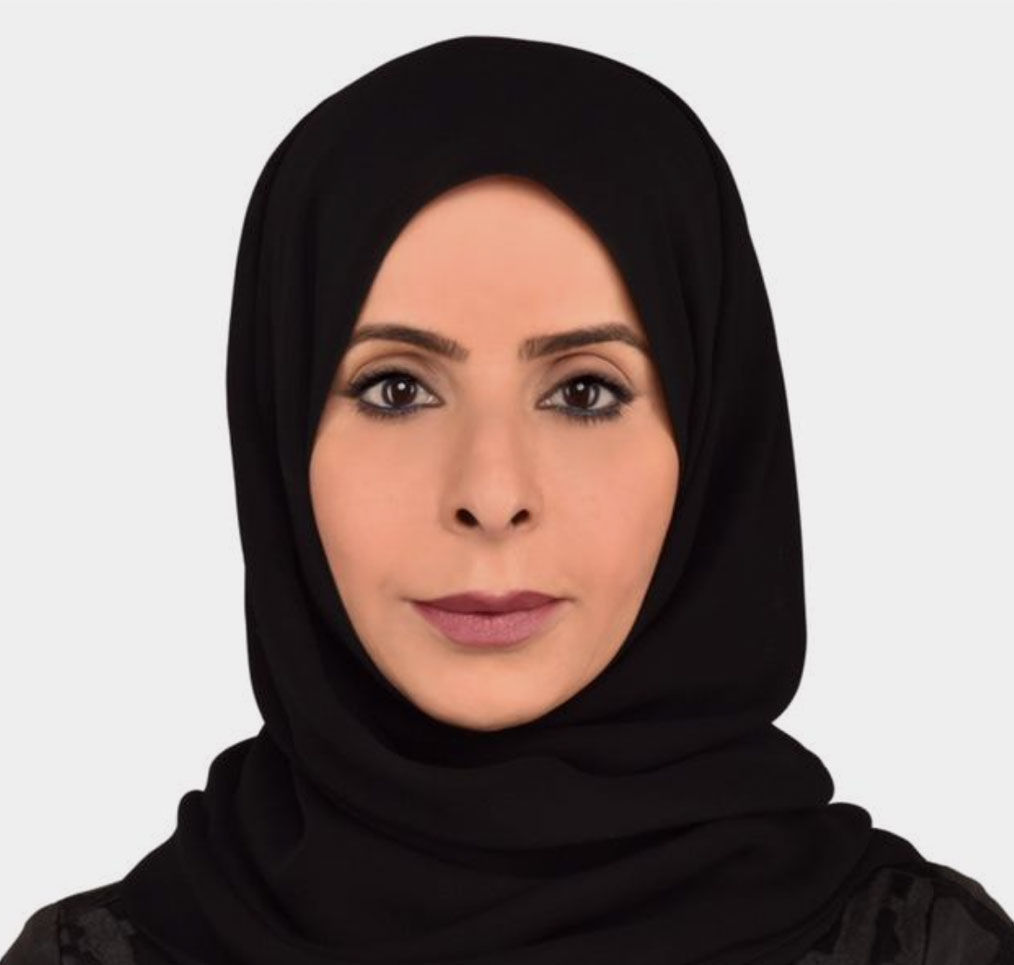
H.E Dr. Mariam Alyousuf Al Suwaidi
Acting Director General for Operational Affairs, Abu Dhabi Agriculture and Food Safety Authority, ADAFSA
Dr. Mariam Al Yousuf AlSuwaidi, is the Acting Deputy Director General for Operational Affairs at Abu Dhabi Agriculture and Food Safety Authority (ADAFSA), in charge of supervising the sectors of agricultural affairs; animal wealth; development & innovation; and control & inspection. Dr. Mariam is supporting the development, empowerment, and compliance of agricultural and livestock production, supports research and data analysis to develop the sector, and ensures oversight of food safety and biosecurity. She held the position of the Executive Director of the Control sector at ADAFSA for five years, she oversaw the enforcement and inspection roles in the field of food and agriculture (plant and animal domain). She was the Executive Director of the Policy and Regulation sector in ADAFSA for 8 years (2008 _2016). She has led the establishment of the policy and regulatory platform pertaining to the agriculture and food safety domains within the Emirate of Abu Dhabi and effectively contributed to developing the strategic plan for the Authority as well as capacity building. Dr. Mariam played an important role on the national and GCC level in food safety domain. Dr Mariam used to be a board member of the Zoo and Aquarium Public Institution in Al Ain in UAE since 2017 until 2021. She has previously occupied the post of the Assistant Director General of the Food Safety Sector during 2006_2007. In 2005 she was the executive director of the drug division in ADAFSA. In 2004 she worked as Director of Research in Zayed Complex for Herbal Research and Traditional Medicine. In 2002, she worked in the United Arab Emirates University as Assistant Professor in the College of Science, Department of Chemistry.
Dr. Mariam received her Bachelor of Science in Chemistry/Physics, University of the United Arab Emirates in 1989; and Master of Science in Environmental Sciences, UAE University in 1995; and her PhD in Chemistry of Medicinal Plants from the University of Portsmouth, UK, School of Pharmacy and Biomedical Sciences, in 2002; and received her second master's degree in Security and Strategic Studies, from the National Defense college in the UAE in 2016.
Dr. Mariam further received 34 certificates of appreciation and award. She participated in around 46 international, regional, and local conferences workshops and seminars, presented number of scientific papers in various fields included: food safety, agriculture and animal wealth policies and legislation, food crisis and incident management, medicinal plants. Moreover, she published (16) scientific papers in internationally peer-reviewed journals.
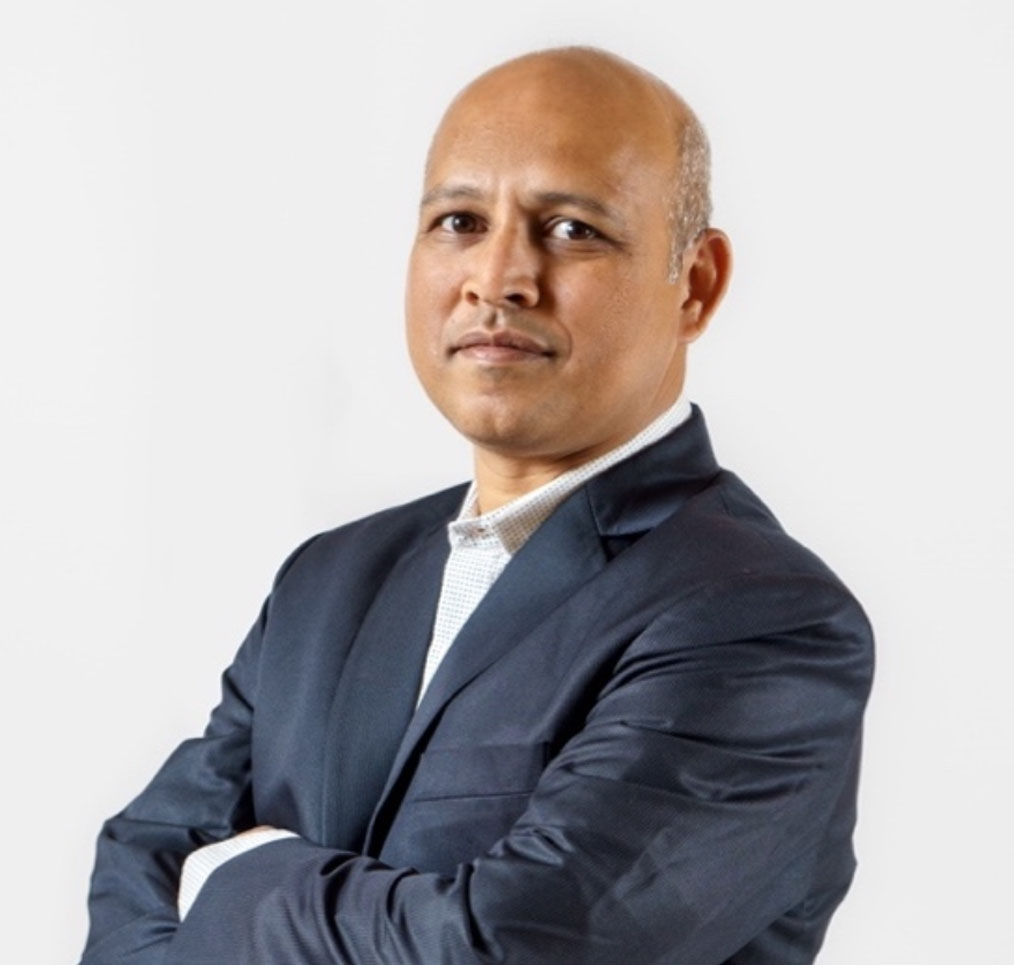
Dr. Sunil Mundra
Assistant Professor, Department of Biology, College of Science, United Arab Emirates University, Al Ain, Abu Dhabi, UAE
Dr. Sunil Mundra is an Assistant Professor at the Department of Biology, United Arab Emirates University. He holds a PhD in Molecular Microbial Ecology from the University of Oslo (UiO, Norway) and has worked at the University Centre in Svalbard (UNIS, Longyearbyen). During his doctoral studies, he conducted pioneering research on spatial and temporal patterns in High-Arctic fungi using advanced high-throughput sequencing (HTS) techniques. Currently, he serves as the Principal Investigator of the “Microbial Ecology and Environmental Genomics” lab, which is engaged in cutting-edge research to comprehend the impact of climate and environmental changes on soil-plant-microbial tripartite interactions in diverse environments ranging from forests, polar to arid regions. His research interests are multifaceted and encompass identifying the intricate relationships between microbial diversity and ecosystem or host function. He employs state-of-the-art genomic and multi-omics approaches, including metagenomics analyses, microbial culturing, and machine learning to accomplish these objectives. Furthermore, his research vision extends beyond fundamental research to practical applications that can potentially improve agricultural productivity and environmental sustainability, with a particular focus on the arid environment. He has published more than 50 research papers in leading microbial ecology journals and currently supervising several Master and PhD students at UAEU. Additionally, he has been the recipient of the prestigious Abu Dhabi Young Investigator Award.
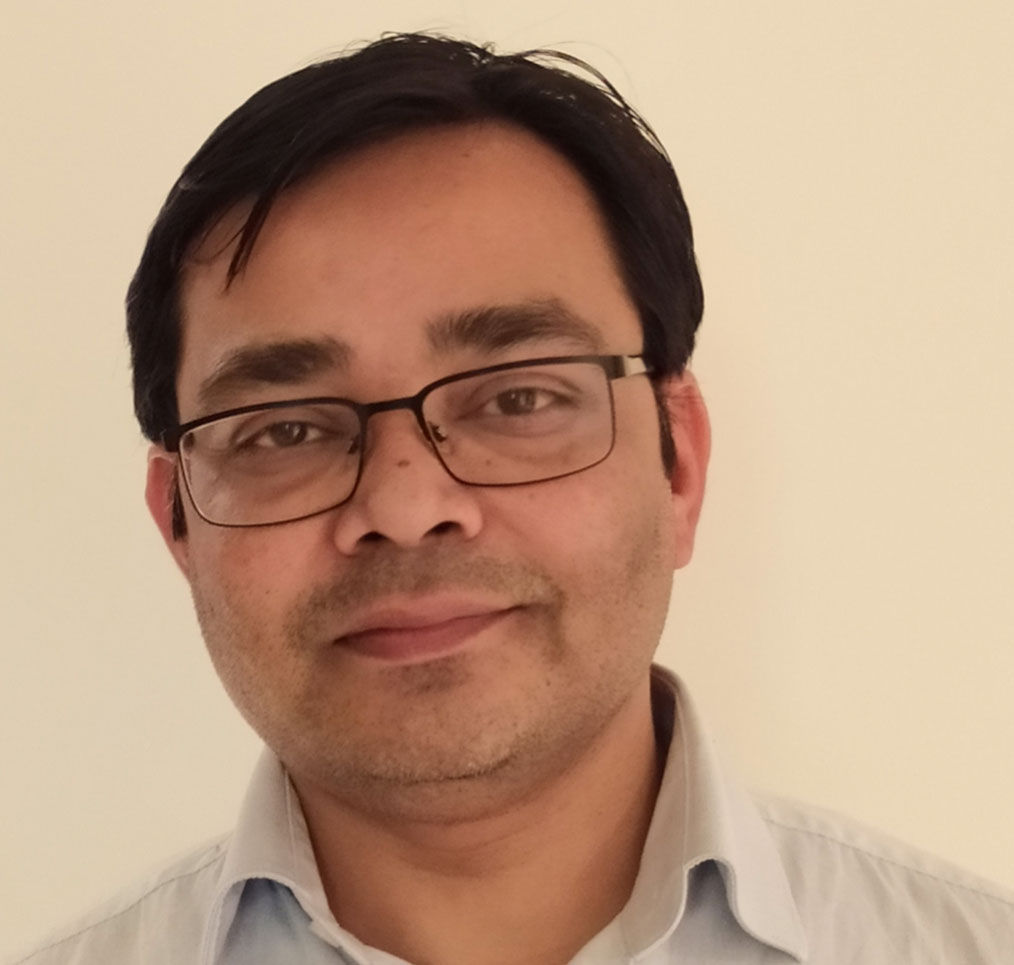
Dr. Mohammad Tauqeer Alam
Assistant Professor, Department of Biology, College of Science, United Arab Emirates University, Al Ain, Abu Dhabi, UAE
Dr Mohammad Tauqeer Alam is an Assistant Professor of Systems Biology & Omics at the Department of Biology, UAE University, Al Ain. In his research, Dr Alam studies metabolic interactions within and between cells using a combination of different approaches such as metabolic modelling, machine learning techniques, and high throughput omics data analysis (Metagenomics, Next-generation sequencing, RNAseq, Proteomics and Metabolomics). In his recent work, published in Nature Microbiology 2022, he studied how metabolic exchange between microorganisms benefit the overall community members in tolerating antimicrobial drugs. Another collaborative study, published in Cell 2023, showed the benefit of microbial cooperation in enhancing aging. Before joining UAEU, he was a Bioinformatics group leader at the University of Warwick, UK where he studied the global impact of metabolic enzyme inhibition on metabolism. Prior to the academic position, Dr Alam pursued postdoctoral research at the University of Cambridge, UK and another postdoctoral research at Radboud University Medical Centre, Netherlands. During that period, he completed several projects including modelling of complex diseases, as well as investigating microbial metabolic re-organisation due to genetic or environmental variations. He has obtained a PhD degree in Bioinformatics from the University of Groningen, Netherlands. In his research career, Dr Alam has worked on multi-disciplinary research fields. His ability to conduct high-quality research is demonstrated through publications in high-impact journals such as Nature, Cell, Nature Microbiology, Nature Communications, PNAS, eLIFE, and Nucleic Acids Research. His two articles were reviewed as “must-read” papers by the faculty of 1000 biology, and one paper as “Prime Recommended” by F1000.

Eng. Saeed Ali Saeed AlAwaash Al Yammahi
Applied Research & Capability Building Division, Abu Dhabi Agriculture and Food Safety Authority ADAFSA
Saeed Ali Saeed Al Awaash Al Yammahi is the Director of the Applied Research & Capability Building Division at Abu Dhabi Agriculture and Food Safety Authority (ADAFSA). He is responsible for leading the research and development of innovative solutions to address agricultural and food safety issues in the Abu Dhabi Emirate. He also works closely with other departments to transfer the latest technology and know-how knowledge to overcome challenges facing agricultural sustainability and food safety. His work involves researching new methods of food production and protection and analyzing data to determine potential risks associated with food safety. He ensures that research and development efforts are aligned with the ADAFSA's mission and objectives. He also works closely with local stakeholders to identify areas of research that will help improve agriculture and food safety in the region.
Saeed has been working with ADAFSA for the past seven years. He has extensive experience in agricultural research and crop protection and has worked with various organizations in the Middle East and North Africa.
He has gained extensive experience in the field of agriculture, food safety, and risk management. This expertise enables him to provide valuable insights into managing research projects, gap analysis, and prioritizing research needs. Saeed has previously occupied the position of Agricultural Environment Section Manager at ADAFSA during 2016-2018. From 1998 to 2016, he worked as the Head of the Plant Health Section at the Ministry of Climate Change and Environment.
